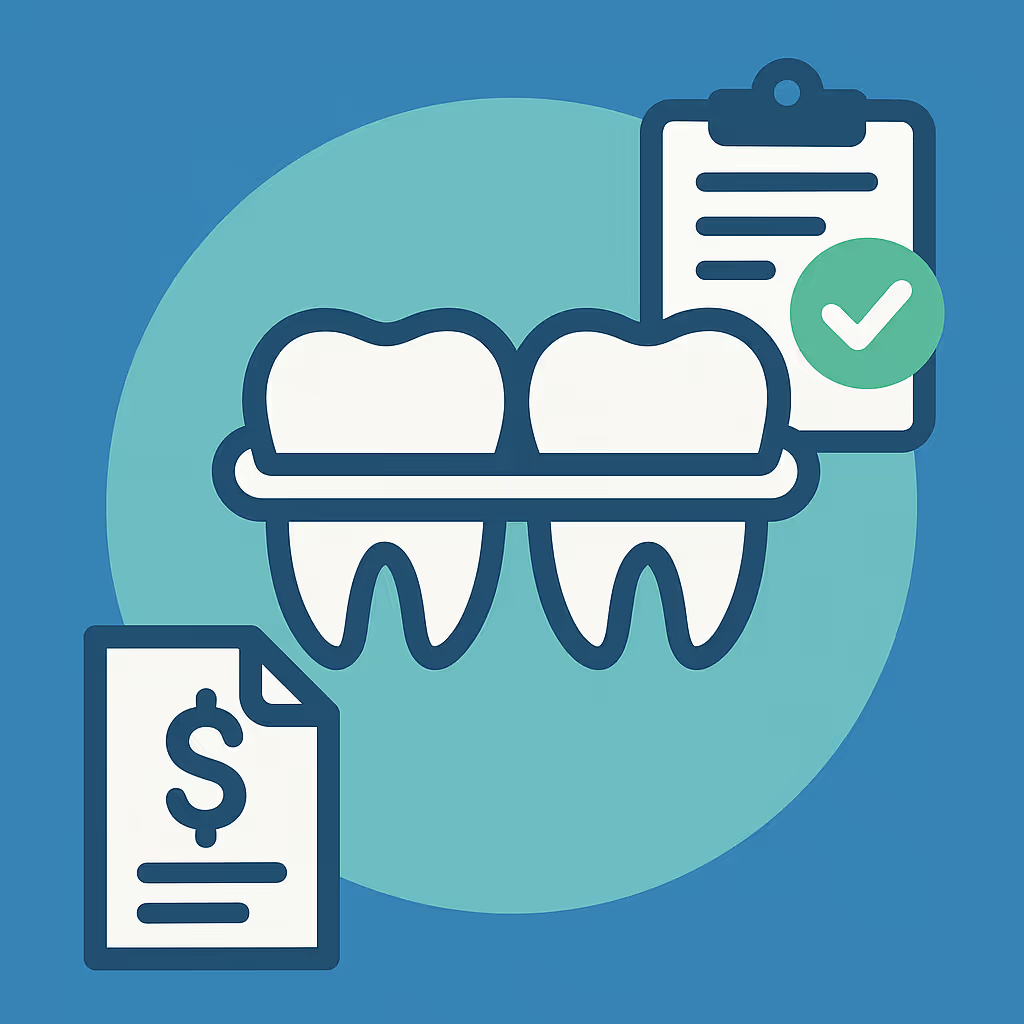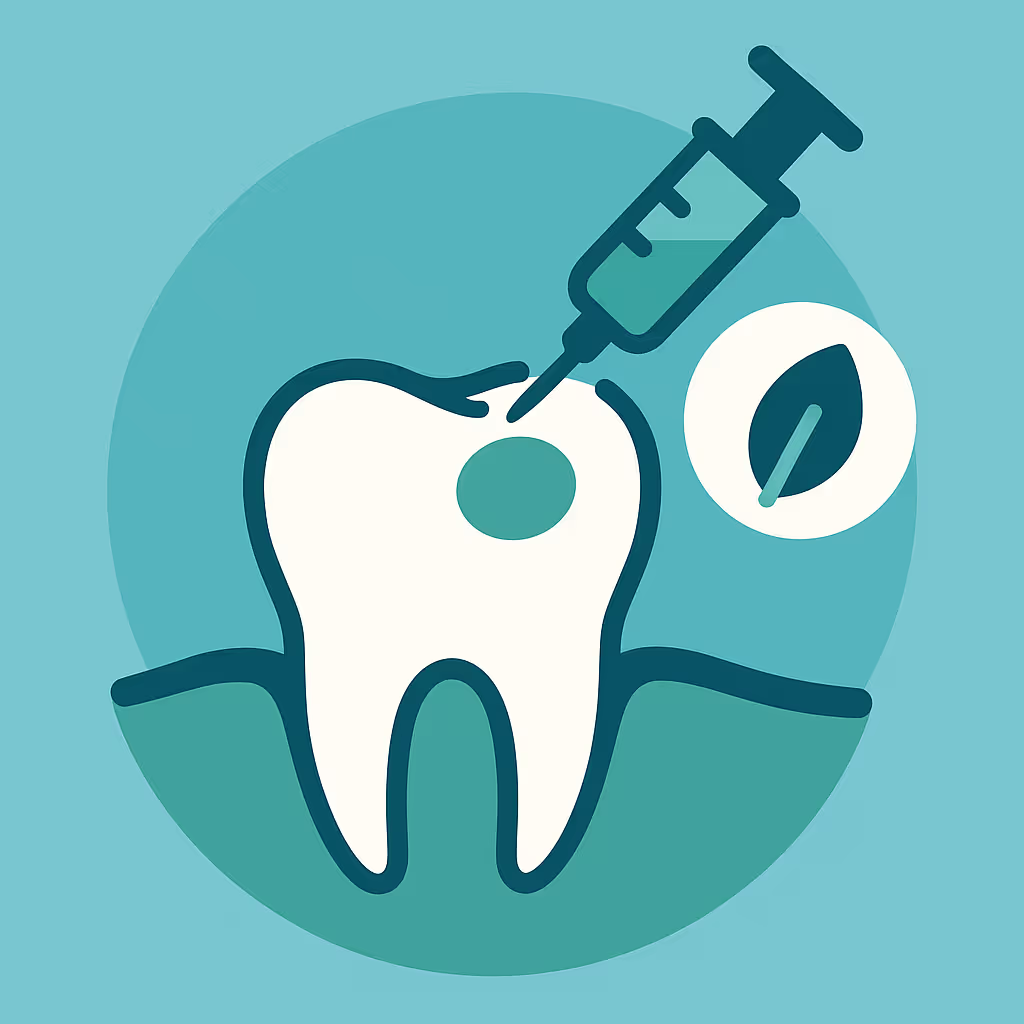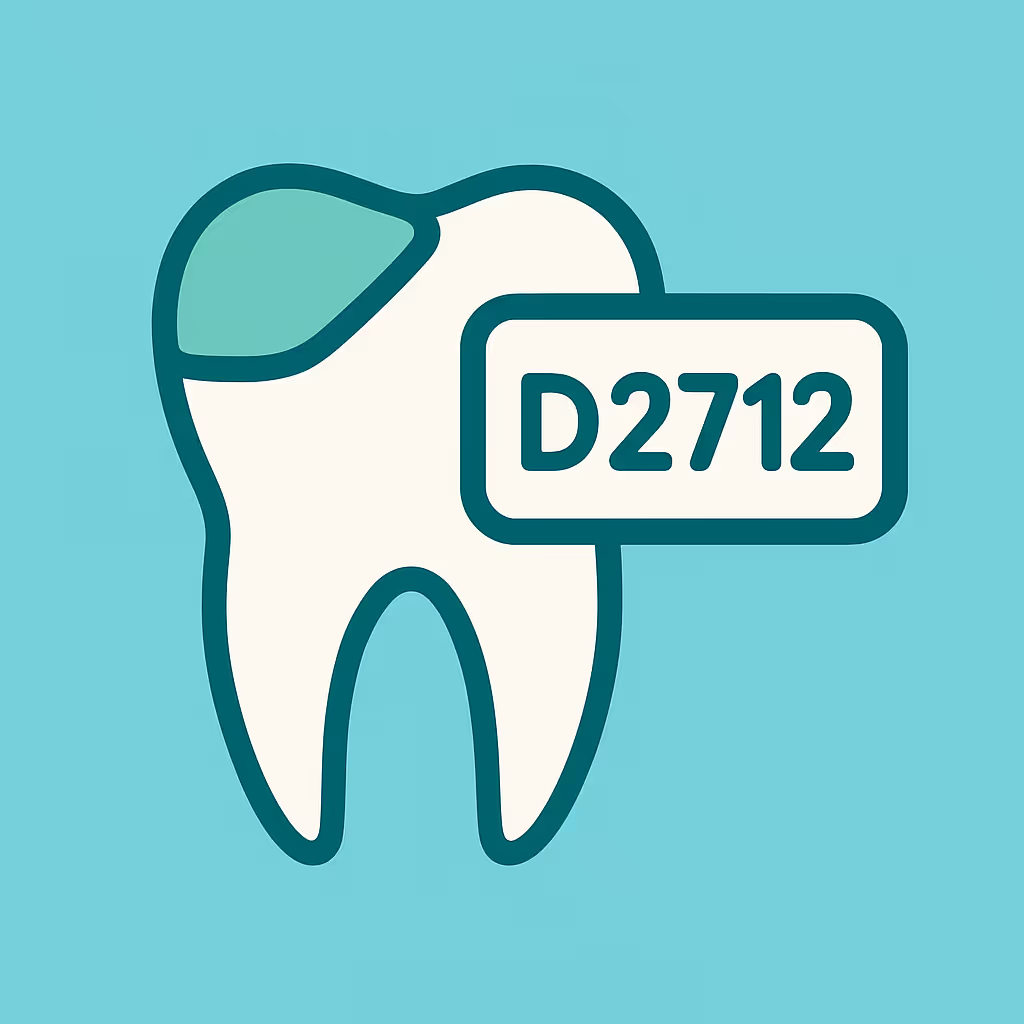Understanding Dental Code D5993
When to Use D5993 dental code
The D5993 dental code is designated for the maintenance and cleaning of a maxillofacial prosthesis, whether extra-oral or intra-oral, and specifically excludes adjustments. This code should be used when a dental team performs routine cleaning or maintenance on a prosthesis, such as an obturator, facial prosthesis, or palatal lift, but does not make any modifications to its fit or function. It is essential to use D5993 only when the service provided is strictly maintenance and cleaning, as adjustments or repairs would require different CDT codes (for example, see D5994 for adjustments).
Documentation and Clinical Scenarios
Proper documentation is crucial for claim approval and compliance. When billing D5993, the clinical notes should clearly state the type of prosthesis, the maintenance performed, and the absence of any adjustments. Include details such as the date of service, the specific cleaning procedures, and any observations about the prosthesis’ condition. Common scenarios for using D5993 include:
- Scheduled cleaning of an extra-oral facial prosthesis to remove debris and biofilm.
- Routine maintenance of an intra-oral obturator, ensuring hygiene and longevity.
- Patient education on home care, documented as part of the maintenance visit.
Always attach a detailed report with your claim, as D5993 is a "by report" code, meaning insurers expect supporting documentation to justify the service.
Insurance Billing Tips
Billing for D5993 requires attention to detail and proactive communication with payers. Here are best practices:
- Verify coverage: Not all dental or medical plans cover maintenance of maxillofacial prostheses. Check benefits before scheduling the procedure.
- Submit thorough documentation: Attach clinical notes, a narrative describing the maintenance performed, and photos if possible. This reduces the risk of claim denials.
- Use correct modifiers: If the prosthesis is related to a medical condition or trauma, coordinate with medical billing and use appropriate modifiers or cross-coding as needed.
- Track EOBs and AR: Monitor Explanation of Benefits (EOBs) and accounts receivable (AR) to quickly identify underpayments or denials, and be prepared to submit claim appeals with additional documentation if necessary.
Example Case for D5993
Case: A patient with a surgically placed intra-oral obturator returns for a scheduled six-month maintenance visit. The dental team removes the prosthesis, performs a thorough cleaning using ultrasonic and manual techniques, inspects for wear, and documents the findings. No adjustments or repairs are needed. The dentist writes a detailed report describing the cleaning process and the prosthesis’ condition. The office submits a claim using D5993, attaching the report and clinical notes. The payer requests additional information, which the office promptly provides, resulting in claim approval and timely reimbursement.
This scenario highlights the importance of precise documentation, proactive communication with insurers, and diligent follow-up to ensure proper billing and payment for maxillofacial prosthesis maintenance.





